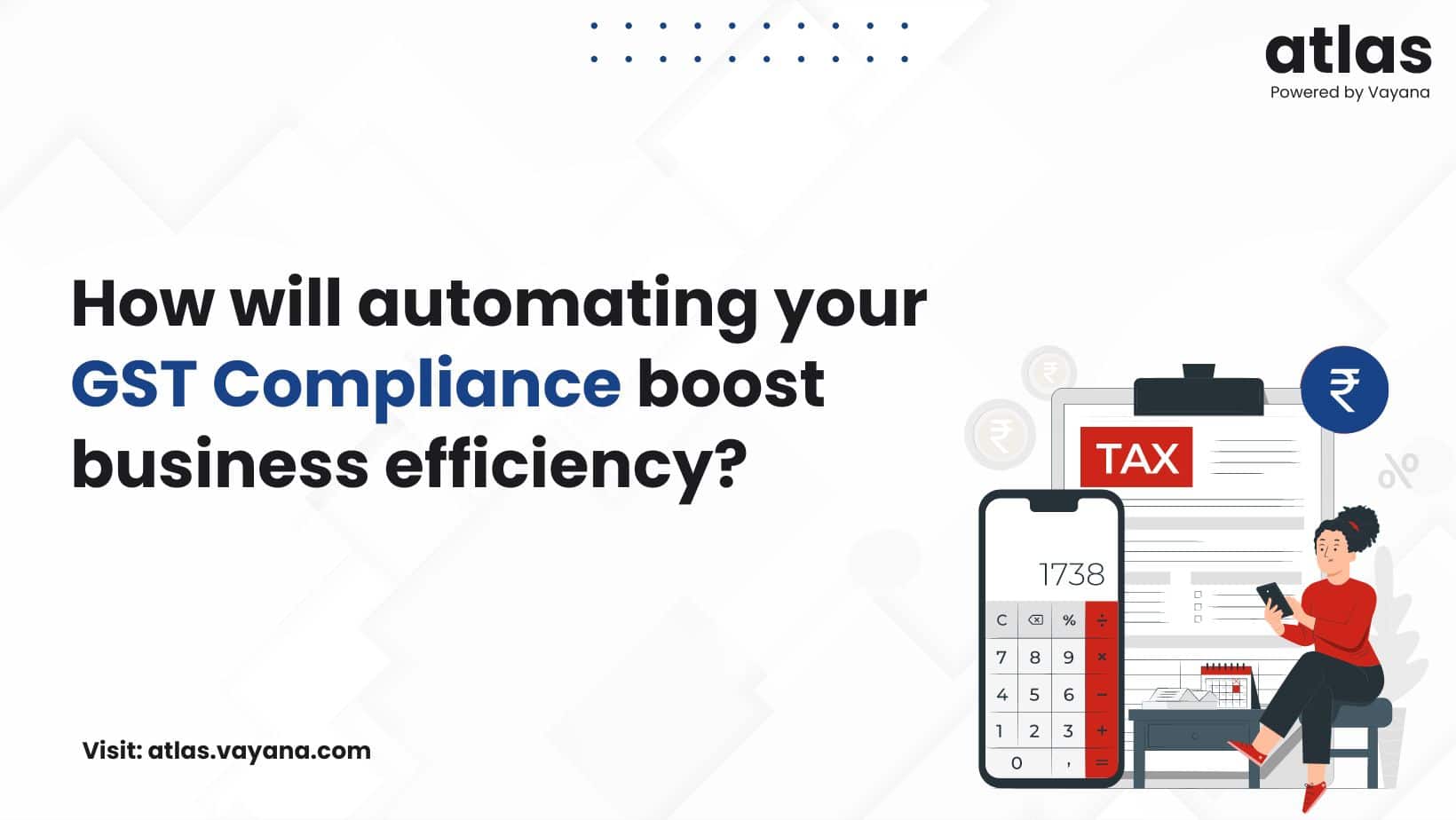In today’s fast-paced business environment, companies face numerous challenges that impede their growth and efficiency. Manual workflows, time-consuming processes, digital overheads, and compromised data security are significant hurdles that prevent businesses from keeping up with evolving market demands.
This article delves into the advantages of leveraging APIs. Through a hypothetical case study, it demonstrates the practical utility and benefits of these APIs, while also examining GST compliance APIs, and outlining the advantages for software providers and other businesses.
Traditional methods for managing E-invoices and e-way bills are particularly cumbersome, leading to increased manpower costs, scalability issues, and a heightened risk of errors and fraud.
To remain competitive and efficient, businesses need streamlined and reliable processes. APIs have emerged as the all-encompassing solution, offering quick turnaround times by automating manual tasks, handling large volumes with ease, and integrating seamlessly with existing digital systems.
Let us take a hypothetical scenario to understand this concept better
Agarwal Dairy, a mid-sized dairy producer in India, is renowned for its high-quality milk and dairy products. The company operates several collection centres, a central processing plant, and multiple distribution points across different states.
Despite its network, Agarwal Dairy faced significant challenges in managing its E-invoices and e-way bill processes.
The manual and fragmented e-way bill process across collection centres and distribution points led to inconsistencies, errors, and delays. For instance, the collection centre in one state would generate an e-way bill manually, while another centre in a different state would follow a different process.
This inconsistency made tracking cumbersome and inefficient. Compliance with GST regulations became a nightmare, often leading to penalties and delayed Input Tax Credit (ITC) claims. These issues required additional manpower and resulted in high administrative and compliance costs, impacting overall profitability.
For example, when a batch of fresh milk needed to be transported from a collection centre in Haryana to the central processing plant in Delhi, manual errors in the e-way bill caused delays at a checkpoint.
This not only disrupted the supply chain but also risked the freshness of the milk, affecting customer satisfaction. To address these issues, Agarwal Dairy integrated easy-to-integrate APIs into their software systems.
This integration helped digitize and automate business processes efficiently, ensuring GST compliance regulations and enabling error-free data entry to avoid duplication and allow real-time data sharing, which ultimately resulted in timely delivery to checkpoints and timely service to its customers.
Let us now look at Atlas – API Marketplace by Vayana. This API Marketplace stands out as a robust solution to these challenges by providing a comprehensive suite of regulatory APIs designed to automate and digitize business processes.
Atlas is an all-in-one API Marketplace for achieving B2B Trade automation with ease. It ensures trade compliance with E-invoice generation, e-way bill processing, and adherence to GST regulations.
Atlas reduces administrative overhead, minimizes errors, and improves cash flow through faster Input Tax Credit claims, positioning businesses for scalable growth and greater profitability.
What’s in it for the Application Software Providers
- Leadership: Partnering with Atlas compliance APIs helps software providers stand out by addressing all compliance-related issues.
- Enhanced Trust and Relationships: GST API integration meets client requirements, automates processes, and boosts revenue for partners.
- Zero Downtime: Atlas offers a plug-and-play solution with no coding and zero downtime since inception.
- Easy Integration: E-Invoice/E-Way Bill APIs provide infrastructure for 100% Input Tax Credit claims and compliance.
- Scalability: Integration with Atlas scales businesses, supporting growth and increasing efficiency.
What’s in it for the Enterprises?
- Automation: E-invoicing automates tax-filing processes.
- Improved Workflow Efficiency: Atlas GST API automates repetitive tasks like E-Invoice/E-Way Bill generation, reconciliation, and compliance monitoring.
- Enhanced Accuracy: Integration with Atlas API reduces duplication and manual errors, ensuring accurate tax calculations and compliance.
- Real-Time Data Tracking: Atlas E-Way Bill API enables real-time tracking of supplier invoices, expediting input tax credits and minimizing verification issues.
- Reduced Fraud: GST API integration minimizes fraud through real-time data access by tax authorities, preventing fake GST invoices.
List of GST Compliance APIs, enterprises can choose from
- GSTN API: Facilitates GST registration, filing, ledger viewing, and payment information retrieval. Supports saving/viewing different GST returns, checking their status, and making payments.
- E-Invoice API: Allows generation and cancellation of E-Invoices (single/bulk), real-time status tracking, and automated notifications.
- E-Way Bill API: Enables quick, error-free E-Way Bill generation and cancellation, and allows extension of E-Way Bill validity for flexible goods transportation.
To transform the way, you engage with GST Compliance, get in touch with our experts and book a demo today.

